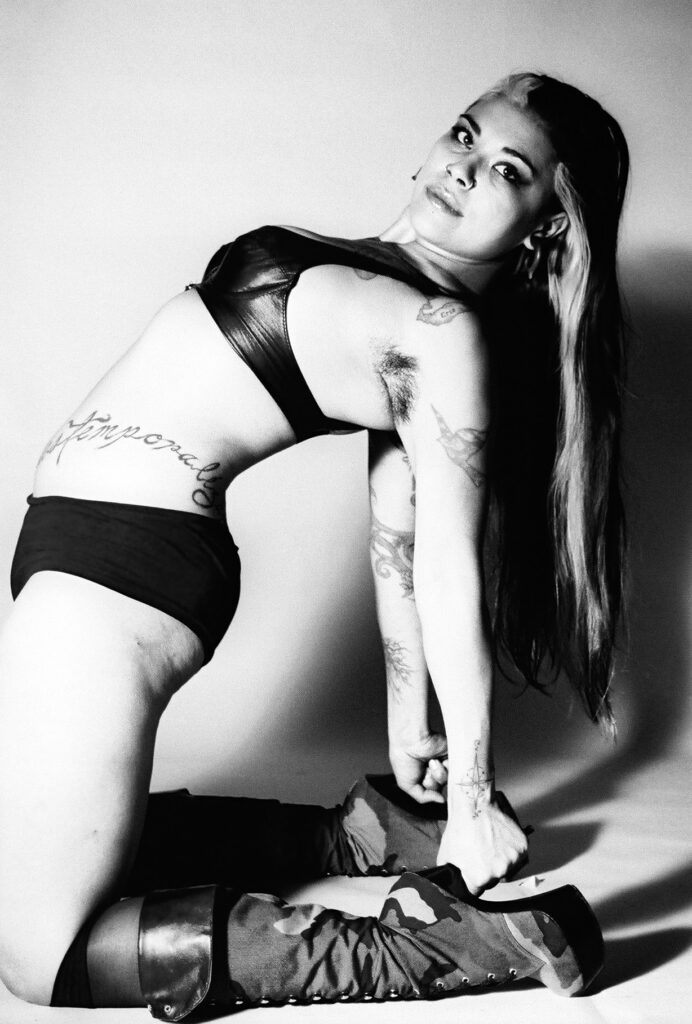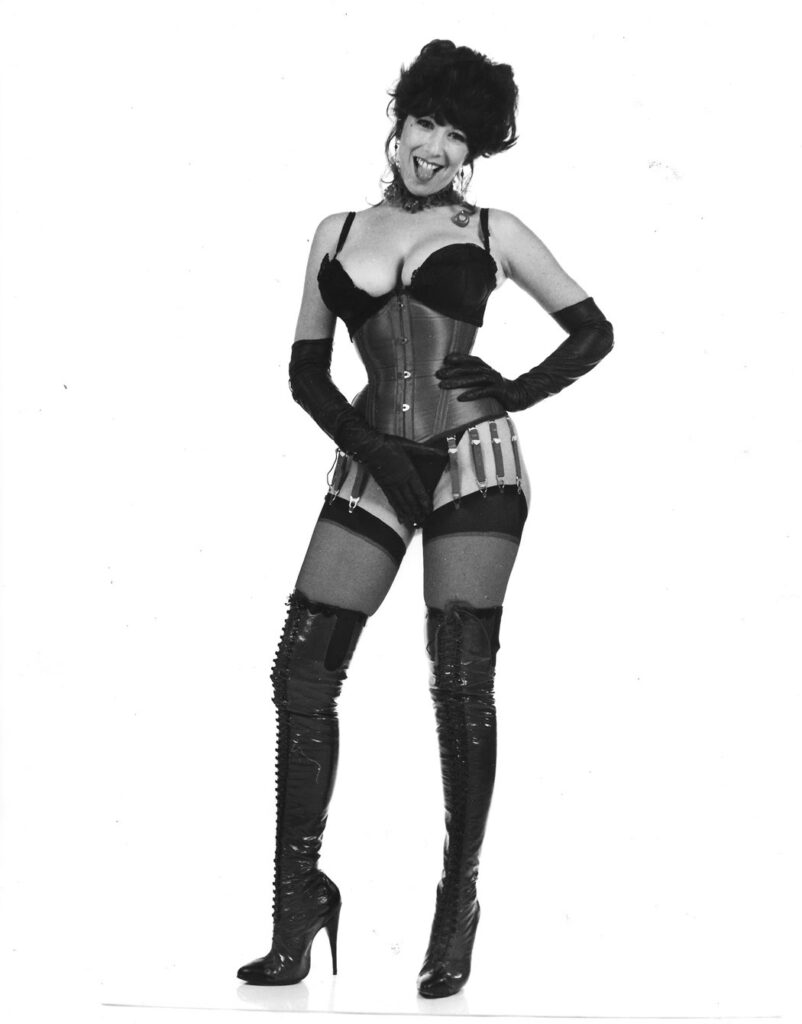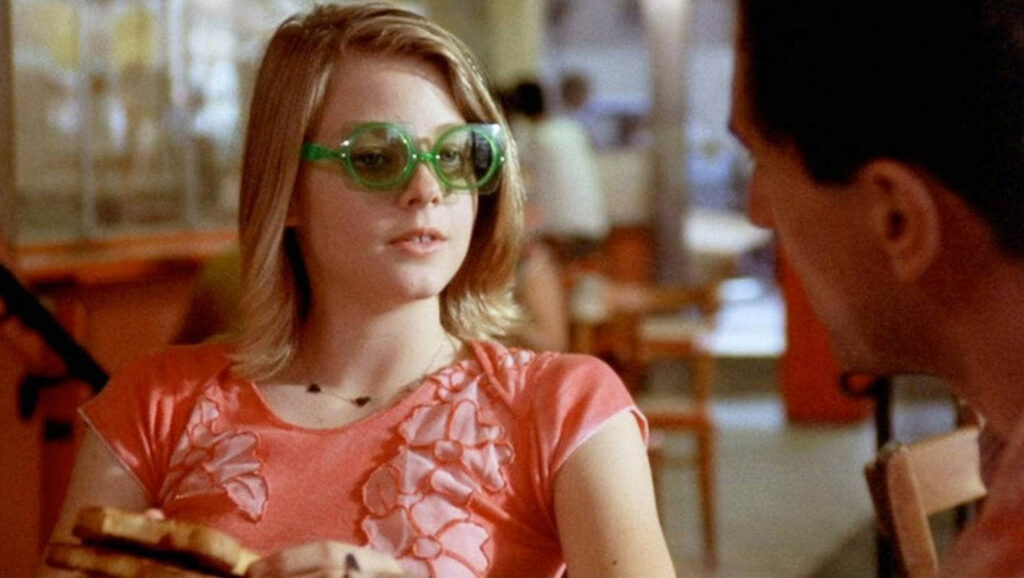The Celluloid Bordello exposes cinema’s obsession with sex work
The Celluloid Bordello is a deep dive into the cinematic portrayal of prostitution and sex work, and is available for streaming and on DVD January 10.
Since the dawn of cinema, sex workers have been portrayed on film, and often by queer actors, from Greta Garbo to Louise Brooks. Contemporary and recent cinema also portrayed the many different manifestations of sex work, from Klute to Taxi Driver to Midnight Cowboy to Risky Business, Monster, and Pretty Woman, hookers, hustlers, call girls, street walkers and strippers have been staples of the silver screen and often portrayed by megawatt stars: Jodie Foster, Brooke Shields, Jane Fonda, Meryl Streep, Jamie Lee Curtis, Charlize Theron and Julia Roberts, to name a few box office stars who have played sex workers.
But what is behind the cinematic portrayals of sex workers as hookers and hustlers? Are they sanitized and glamorized or are they cautionary tales? As with many gay characters on film, the characters who are prostitutes rarely have a happy or noble ending, often meeting their deaths or violence, or as a punchline. In real life, however, sometimes performers are also sex workers themselves, like Annie Sprinkle, who notes that Hollywood portrayals of prostitutes actually encouraged her to pursue sex work as a vocation. Some sex workers break into film directing. And often sex workers are cinema fans themselves, and in the audience of the films that portray them so cruelly or naively.



The Celluloid Bordello is part historical overview, critique, and homage, as well as taking a look at films from the sex workers’ point of view.
The Celluloid Bordello, a documentary by Juliana Piccillo is just 86 minutes long featuring Annie Sprinkle, Carol Leigh, David Henry Sterry, Gabe Vigil, Juba Kalamka, Nicholas de Villiers & Peter Keough.
The streaming premiere & DVD street date is January 10, 2023.






